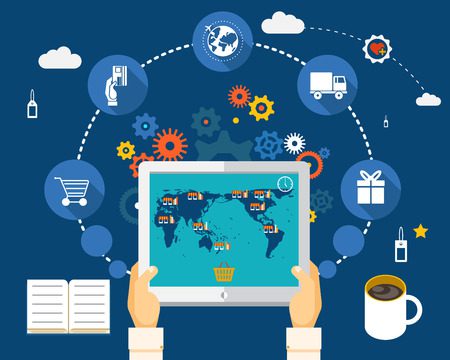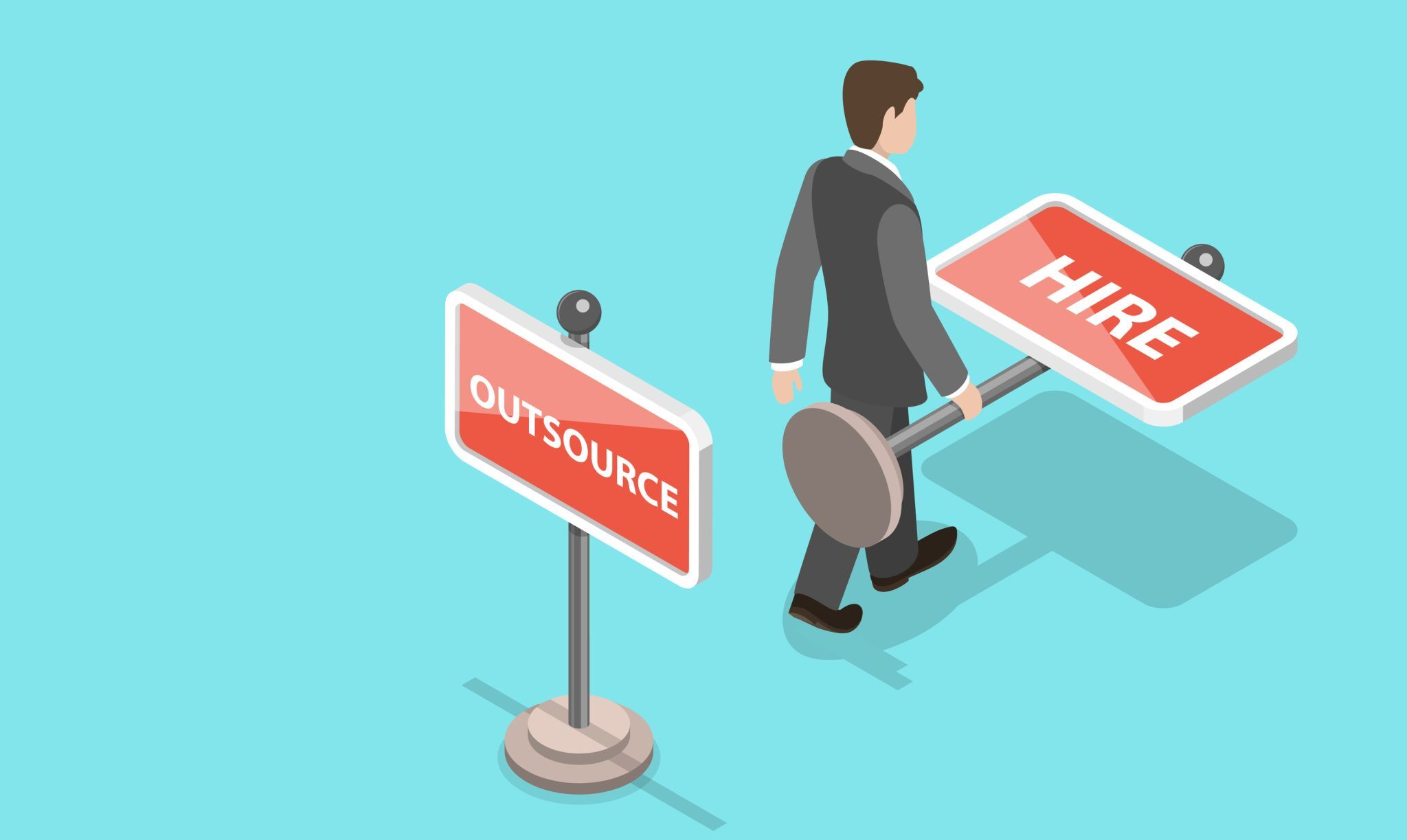As we have already mentioned in other post, sales outsourcing consists of hiring a specialised company to manage the commercial department of our company. Although large companies can afford the costs involved in having their own sales department, most SMEs find it very difficult, almost impossible, to have one that covers their sales needs. Thus, the most obvious advantage of this outsourcing is the savings in fixed costs.
In a previous post we already talked about the advantages of outsourcing the sales department, but we are going to focus on two other key questions: Which companies should outsource or externalise their sales department and why they should do it.
To answer the first question, we must take into account the problems involved in having your own sales department; one of them we have already mentioned at the beginning, and that is the increase in costs, as outsourcing your sales force is usually cheaper than having your own team, but it also means savings in time and other resources.
In order to have your own sales team, you first have to find the necessary talent, with all that this implies: going through a more or less lengthy selection process, training the new recruits, who in many cases lack experience in the field or sector of your new company, maintaining them (payroll and other costs…), etc.
These two factors, the increase in time and costs, generate risks that few SMEs can afford. For SMEs (which include most startups and many scaleups) every minute and every euro counts and they cannot afford to “waste” these valuable resources.
Therefore, the first question is answered… and, in part, the second too: the companies that should outsource their sales department (as many do with marketing or HR, among others) are Small and Medium Enterprises (SMEs) above all; why? Because it allows them to save time and money, reducing risks, helping them to go to market earlier by the hand of professionals already trained and with the necessary experience, tools and knowledge.
However, there are also cases in which large companies can opt for sales or commercial outsourcing. Larger companies may have sub-departments in many of their departments and may need help with sales in a department that is not the sales or commercial department, so they may need specific support at a particular time to advance commercially in a particular project.






